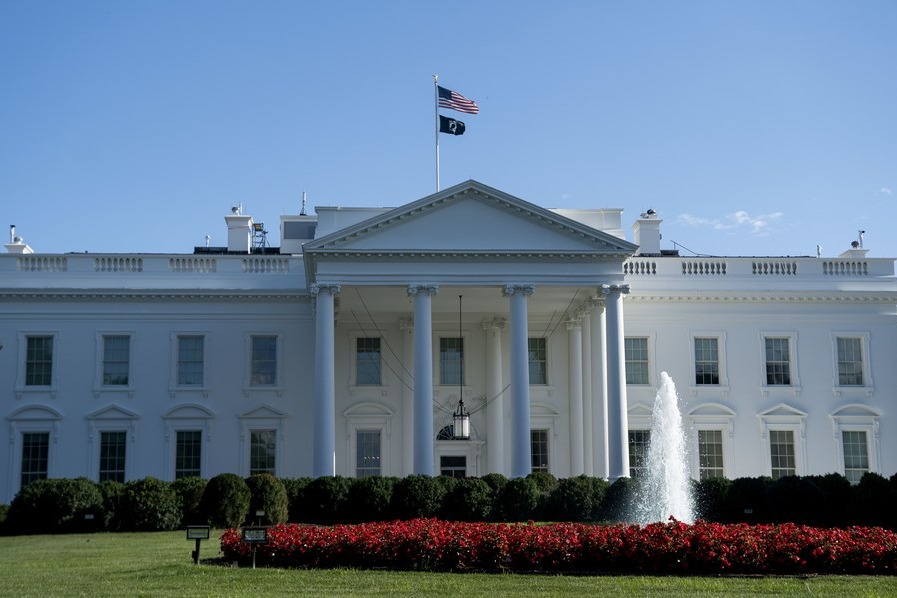US 'freedom of navigation' lacks basis

The United States' "freedom of navigation" contains numerous elements of so-called customary international law based on US-created concepts and self-imposed standards, which are inconsistent with international law and the practices of many nations, according to a report released on Monday.
The report, titled "Legal Assessment of the United States' 'Freedom of Navigation'", was released by the Ministry of Natural Resources' China Institute for Marine Affairs. It examined the US' legal positions and actions regarding freedom of navigation and summarized the US' claims, characteristics and implications.
"The report concludes that the US' 'freedom of navigation' lacks a basis in international law and seriously distorts the interpretation and development of international law," said Xu Heyun, deputy head of the China Institute for Marine Affairs.
"It perpetuates the logic of 'gunboat diplomacy' and reflects the US' usual practice of using military force to pressure other countries," Xu said, adding that the so-called freedom serves the US' own national interests and geopolitical strategy, threatens regional peace and stability, and disrupts the international maritime order.
Zhang Haiwen, a researcher at the institute who led the assessment for the report, said the US' freedom of navigation embodies distinctly illegal elements.
"In the process of constructing its understandings of 'freedom of navigation', the US has violated the basic requirements of international law for the bona fide interpretation of treaties and customary international law," she said.
Zhang emphasized that the US has abused its status as a nonparty of the United Nations Convention on the Law of the Sea and misused so-called customary international law by selectively applying treaty rules, which undermines the integral nature of the UNCLOS.
She said the convention, designed to balance diverse coastal countries' interests, requires acceptance of all provisions as "a package deal", leaving no room for cherry-picking.
Zhang said the US avoids being a party to the UNCLOS to facilitate the imposition of unilateral interpretation on the parties to the convention. For example, the US attempts to apply the concept of high-seas freedoms within an exclusive economic zone to conduct military activities, maintaining its hegemonic interests, she added.
Huang Ying, an associate professor at Tianjin Foreign Studies University, said, "When identifying and interpreting maritime regimes, the US spares no effort to expand its rights and freedoms through the so-called customary international law, which in fact does not exist."
An incomplete report on US military activities in the South China Sea in 2024, released by the Chinese think tank South China Sea Strategic Situation Probing Initiative, showed that the US military continued to strengthen its military deterrence against China last year, maintaining high-intensity operations in the South China Sea and surrounding areas. This included close reconnaissance and transits through the Taiwan Strait. Notably, large US reconnaissance aircraft conducted around 1,000 close reconnaissance flights, a significant increase compared with 2023, the report said.
In the latest move, the US destroyer USS Higgins illegally entered the territorial sea of China's Huangyan Island on Aug 13 without the approval of the Chinese government. The naval forces of the People's Liberation Army's Southern Theater Command responded quickly, organizing forces to track, monitor and warn off the warship in accordance with the law and regulations.
limenghan@chinadaily.com.cn
































